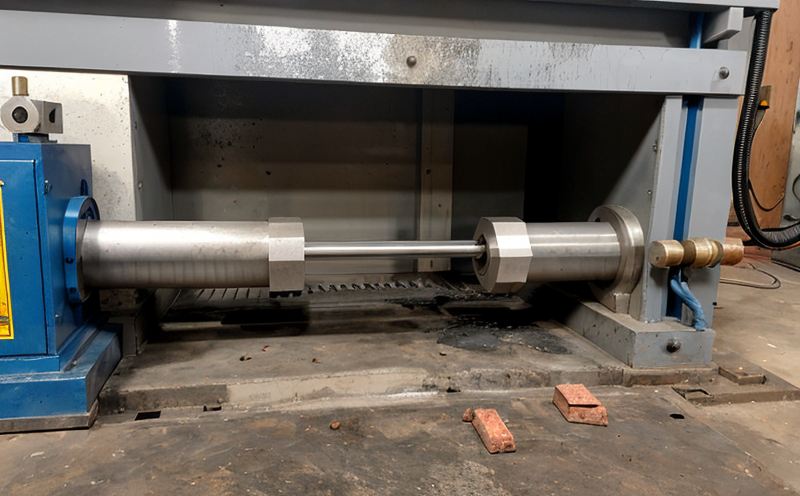ISO 13586 Fracture Toughness of Plastics
The ISO 13586 standard provides a method to determine the fracture toughness, KIc, of plastics by performing a fracture mechanics test. This service is essential for quality managers, compliance officers, R&D engineers, and procurement professionals working in sectors where the integrity and durability of plastic materials under stress are critical.
The test aims to identify how well a material can absorb energy up to the point of failure without undergoing extensive deformation. Understanding KIc is crucial for predicting the fatigue life, impact resistance, and overall performance of components made from these plastics in various industrial applications.
This service involves precise specimen preparation, accurate testing under controlled conditions, and thorough analysis by our experienced technicians. The test results provide a critical parameter that helps in optimizing material selection, ensuring product reliability, and meeting regulatory requirements for industries like automotive, aerospace, construction, and consumer goods.
The ISO 13586 method uses notched specimens to simulate real-world loading scenarios where cracks or defects may initiate during service. The test involves applying a controlled load to the specimen until it fails, recording the energy absorbed up to that point. This information is then used to calculate KIc.
The process requires specialized equipment and highly skilled personnel to ensure accurate results. Our laboratory adheres strictly to ISO 13586 guidelines to provide reliable data for your product development or quality assurance needs.
Industry Applications
| Application Area | Description of Application |
|---|---|
| Aerospace | Evaluating the fatigue strength and impact resistance of materials used in aircraft structures. |
| Automotive | Determining the integrity of plastic components like bumpers, fuel tanks, and structural parts under stress. |
| Construction | Assessing the durability and reliability of plastic piping systems and structural elements. |
| Consumer Goods | Ensuring that packaging materials can withstand mechanical stresses without compromising safety or integrity. |
| Electronics | Evaluating the robustness of casings, connectors, and other plastic components used in electronic devices. |
| Railroad | Determining the toughness and reliability of materials used in railway carriages and infrastructure. |
| Medical Devices | Evaluating the safety and performance of medical devices made from plastics under various stress conditions. |
The ISO 13586 test is particularly valuable for industries where plastic materials are subjected to mechanical stresses. By measuring KIc, manufacturers can ensure that their products meet the necessary standards and specifications, enhancing product safety and performance.
Why Choose This Test
The ISO 13586 fracture toughness test is indispensable for ensuring that plastic materials used in critical applications are reliable and safe. Here’s why this service is important:
- Compliance with Standards: Adherence to international standards like ISO ensures consistent quality across global markets.
- Informed Decision-Making: Accurate KIc data helps R&D teams select the most suitable materials for their projects.
- Enhanced Product Performance: Understanding how a plastic material behaves under stress allows for better design and optimization of products.
- Risk Management: Identifying potential failure points early in development can mitigate risks associated with product recall or liability issues.
- Quality Assurance: Regular testing ensures that production batches meet the required quality standards, reducing waste and costs.
The test results provide a critical metric for assessing the integrity of plastic materials under mechanical stress. This information is invaluable for ensuring product reliability and safety in high-stress environments.
International Acceptance and Recognition
The ISO 13586 standard has been widely adopted across industries, providing a globally accepted method to measure the fracture toughness of plastics. Its broad recognition ensures that results from this test are universally understood and can be used for compliance purposes in multiple countries.
By adhering to ISO standards, our laboratory guarantees accurate, consistent testing results that meet international benchmarks. This standardization is crucial for companies operating internationally or those seeking to comply with global regulations related to plastic materials.
The acceptance of ISO 13586 extends beyond individual laboratories; it encompasses a broad community of industry experts and stakeholders who rely on these standardized methods for quality assurance and product development.





